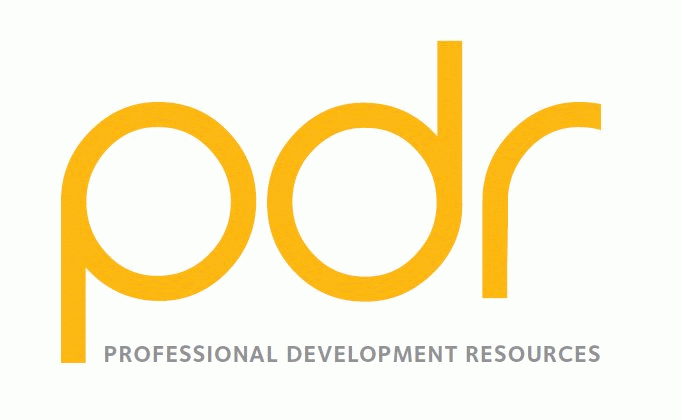From PDResources.org
 Texas psychologists have a license renewal every year with a birth month deadline. Twenty (20) hours of continuing education courses are required to renew a license, and there are no limits for online continuing education courses if APA-approved.
Texas psychologists have a license renewal every year with a birth month deadline. Twenty (20) hours of continuing education courses are required to renew a license, and there are no limits for online continuing education courses if APA-approved.Texas State Board of Examiners of Psychologists
CE Required: 20 hours per year
Online CE Allowed: No limit if APA-approved
License Expiration: Birthmonth, annually
National Accreditation Accepted: APA (Professional Development Resources is approved by the American Psychological Association (APA) to sponsor continuing education for Texas psychologists.)
Notes: 3 hours in ethics & 3 hours in cultural diversity (areas of cultural diversity include, but are not limited to, age, disability, ethnicity, gender, gender identity, language, national origin, race, religion, culture, sexual orientation, and social economic status) are required each renewal
Date of Info: 1/23/2017
Texas psychologists can earn all 20 hours required for renewal through online courses offered on the psychology page @PDResources. Click here to view APA-approved online CE courses.
Popular Online Continuing Education Courses for Psychologists
Professional Development Resources is a nonprofit educational corporation 501(c)(3) organized in 1992. Our purpose is to provide high quality online continuing education (CE) courses on topics relevant to members of the healthcare professions we serve. We strive to keep our carbon footprint small by being completely paperless, allowing telecommuting, recycling, using energy-efficient lights and powering off electronics when not in use. We provide online CE courses to allow our colleagues to earn credits from the comfort of their own home or office so we can all be as green as possible (no paper, no shipping or handling, no travel expenses, etc.). Sustainability isn’t part of our work – it’s a guiding influence for all of our work.
|
We are approved to sponsor continuing education by the American Psychological Association (APA); the National Board of Certified Counselors (NBCC); the Association of Social Work Boards (ASWB); the American Occupational Therapy Association (AOTA); the American Speech-Language-Hearing Association (ASHA); the Commission on Dietetic Registration (CDR); the Alabama State Board of Occupational Therapy; the Florida Boards of Social Work, Mental Health Counseling and Marriage and Family Therapy, Psychology & School Psychology, Dietetics & Nutrition, Speech-Language Pathology and Audiology, and Occupational Therapy Practice; the Ohio Counselor, Social Worker & MFT Board and Board of Speech-Language Pathology and Audiology; the South Carolina Board of Professional Counselors & MFTs; the Texas Board of Examiners of Marriage & Family Therapists and State Board of Social Worker Examiners; and are CE Broker compliant (all courses are reported within one week of completion). |





 Texas psychologists have an annual license renewal with a birth month deadline. Twenty (20) hours of professional development during each year of licensing. Hours must be directly related to the practice of psychology.
Texas psychologists have an annual license renewal with a birth month deadline. Twenty (20) hours of professional development during each year of licensing. Hours must be directly related to the practice of psychology.










